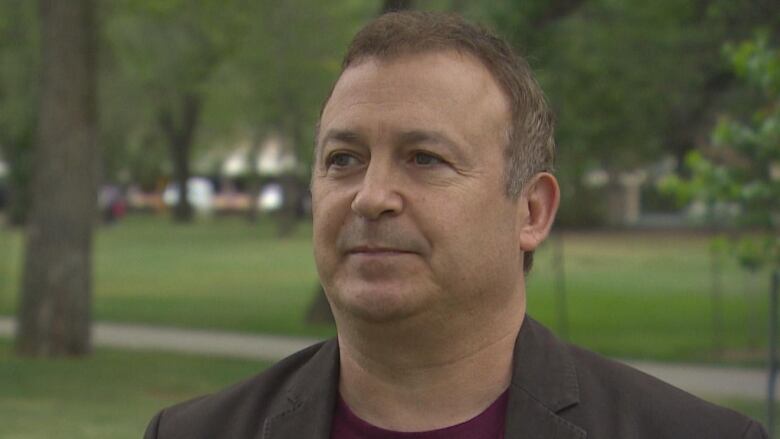'This is going to cause considerable hardship': Sask. advocates react to income assistance overhaul
Saskatchewan Income Support will replace two assistance programs

The new Saskatchewan Income Support (SIS) program is sparking concerns from anti-poverty advocates in the province.
In March, the Minister of Social Services Paul Merriman announced the province would be introducingthe SIS program and allocating $50 million toward it.
On Tuesday, Merrimanannounced SIS would start accepting new clients on July 15 and replace the Saskatchewan Assistance Program (SAP) and the Transitional Employment Allowance (TEA) by the summer of 2021. SAP and TEA will no longer accept clients as of July 15.
"I wasn't expecting quite so much change," said Peter Gilmer of Regina's Anti-Poverty Ministry.
Gilmer said he welcomes the increase to the income exemption. Under SIS, an adult can earn as much as $325 working in a month without their benefits being cut back.
But the program has rolled the cost for utilities into the shelter benefit. Previously utilities were covered and capped.
"I really believe that this is going to cause considerable hardship for a lot of households," Gilmer said. "Now they're going to have to be taking extra money out of their food allowance or what's left of it to actually cover off the cost of the utilities."
Gilmer also noted the SIS program's reliance on a new initiative called Motivational Interviewing.
"I'm concerned that the Motivational Interviewing processes and the focus on individuals is not going to be helpful in terms of a serious challenge to and coming up with a serious plan to combat poverty in Saskatchewan."
Part of the government's motivation to overhaul its system was that it was "outdated."SAP was created in 1966 and TEA in 2003. Gilmer said both have been underfunded.
"This is coming after 12 years without any increases in benefits and actually 13 years since there was last significant benefit increase."
Under SIS, the adult basic benefit is $285 per month. The single adult shelter benefit for Saskatoon and Regina is $575 per month.
Gilmer said the province could improve the SIS program by increasing the benefit allowance by $250 and covering thefull cost of utilities.
Advocates seek living wage
Gilmer and other advocates have been pushing for a $15 an hour minimum wage. Nairn MacKay shares that position.
MacKay is with End Poverty Regina, a group that works on the right to an adequate standard of living.
"It's absolutely critical that people receive a living wage," she said.
MacKay welcomed the increased income exemption, but she too was discouraged to see utilities rolled into the shelter benefit.
"That's basically a cut disguised as an increase."
The Motivational Interviewing aspect was also a cause of concern for MacKay.
"They are trying to spin it as an issue of personal responsibility it is not an issue of personal responsibility. You can't counsel people out of poverty when there are no good jobs," MacKay said.
The province is following Manitoba and New Brunswick, both of which use the technique. It is used during the initial intake of a new client.
According to Merriman, the province began using it in Saskatoon in 2018. It paid B.C.-based Empowering Change Inc. $294,350 for the training.
MacKay said work situations can be precarious. She worked for Sears and Staples call centres,which have since closed or left the city.
"[Government] wants to look like it's doing something about poverty without actually putting the money in that would be required,"MacKay said. "We do have the resources to end poverty in Saskatchewan,"












_(720p).jpg)


 OFFICIAL HD MUSIC VIDEO.jpg)
.jpg)



























































































